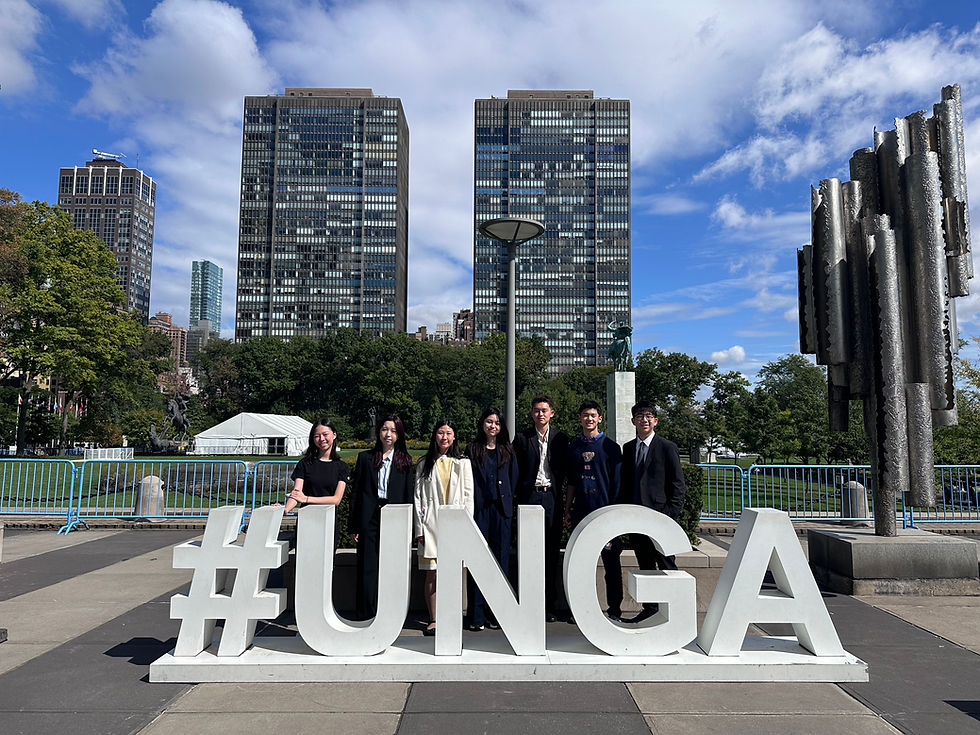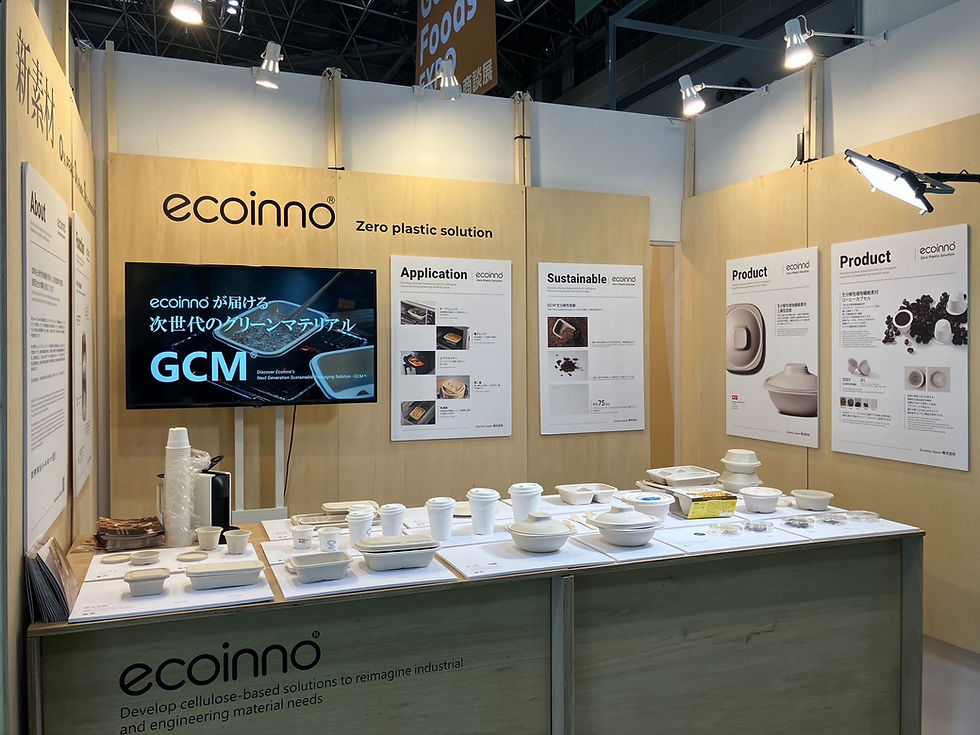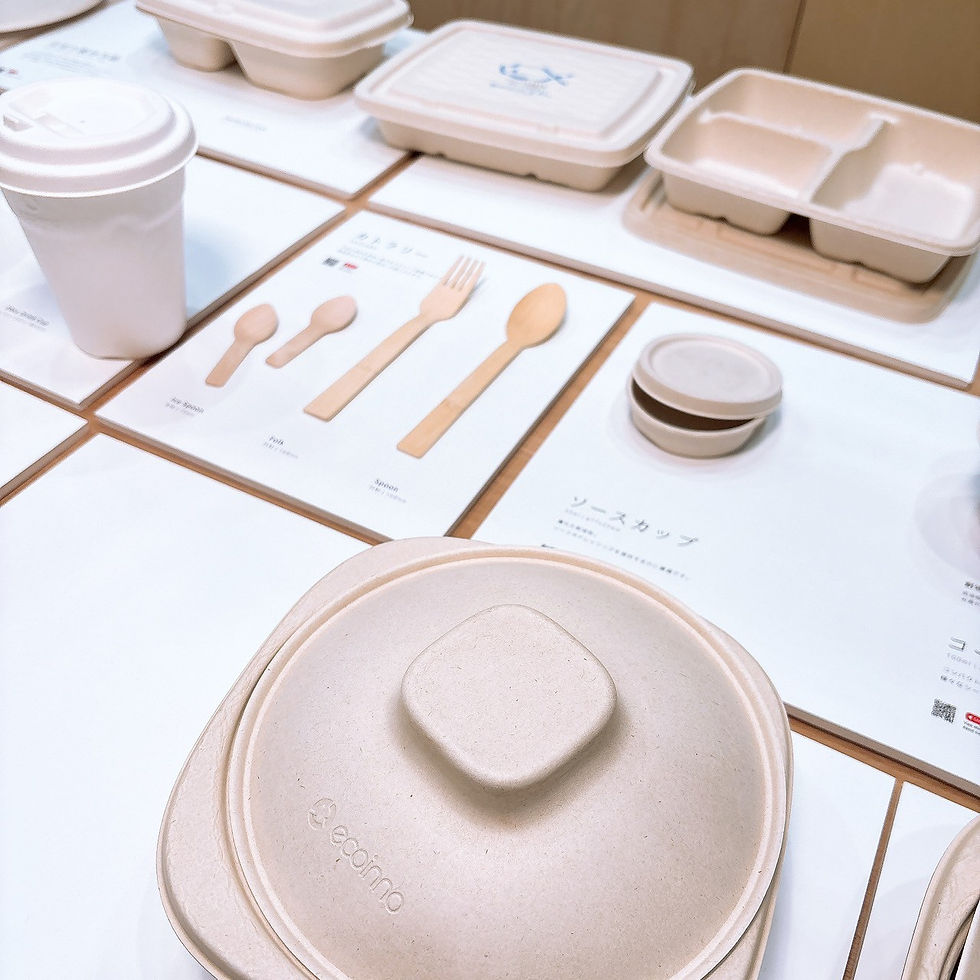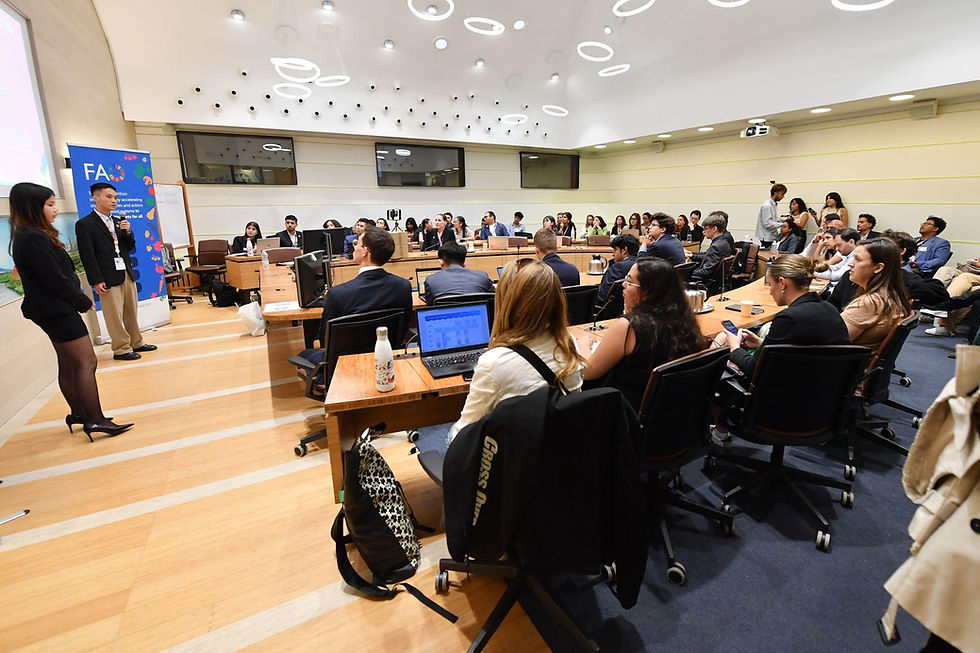
Coffee Solution
Develop cellulose-based solutions to reimagine industrial and engineering material needs.
Problem
The coffee industry faces a significant plastics problem that affects every stage from bean to cup :
Single-Use Plastics
Coffee uses vast amounts of disposable cups, lids and stirrers with plastic linings that are hard to recycle. Billions are landfilled or littered globally, contributing to persistent pollution.
"400 million tonnes of plastic produced annually; half is single-use — only 10% is recycled."
World Environment Day 2025, UNEP report


Packaging Waste
Plastic dominates packaging for coffee beans and instant coffee, leading to huge single-use, non-biodegradable waste streams and fossil fuel emissions, worsening the plastic crisis.
"19–23 million tonnes of plastic waste leak into aquatic ecosystems yearly."
UNEP Plastic Pollution report
Coffee Pods and Capsules
The surge in plastic coffee pods (e.g., K-Cups) adds hundreds of thousands of tonnes of mostly unrecycled waste yearly. Most pods end up in landfill due to mixed materials.
"Coffee pods generate approximately 576,000 tonnes of waste each year."
Global coffee capsule waste;
Mongabay & highlighted in UN plastics discussions


Microplastics Contamination
Plastic linings and packaging break down, releasing microplastics into water, soil, and drinks, posing risks to humans and wildlife.
"Microplastics found in food, water, air; people may ingest 50,000+ plastic particles yearly."
World Environment Day 2025, UNEP report
Challenges in Recycling
Most coffee-related plastics are hard or unprofitable to recycle due to contamination and composite design. Technical recyclability does not translate to actual recovery.
"Only 10% of plastics are recycled; projected to triple in marine environments by 2040."
UNEP Plastic Pollution report


Environmental Impact
Plastic coffee products create emissions, pollute land and sea, and disrupt marine life and habitats, all exacerbated by rising plastic production and weak recycling systems.
"Annual cost of environmental and social damage from plastic pollution is US$300–600 billion."
UN Beat Plastic Pollution, 2025
Policy
There are growing international efforts to tackle plastics pollution in the coffee industry by highlighting specific policies and their implementation dates across eight leading regions. The regulations target single-use plastics, including coffee cups, lids, pods, stirrers, and packaging. Measures include outright bans, deposit return systems, and requirements for reusable or compostable materials.
Notable examples are the European Union’s Packaging & Packaging Waste Regulation, Hong Kong’s phased ban on single-use items, and the U.S. Plastic Waste Reduction and Recycling Act. These diverse approaches reflect a growing global movement to reduce plastic waste and drive sustainability in the coffee sector.
European Union
Packaging & Packaging Waste Regulation (PPWR), adopted 2022; requirements phased by 2030/2035
Targets pods, packaging, and single-use cups
Australia
National Waste Policy Action Plan (adopted 2019), state-level bans (e.g., South Australia ban on coffee cups/lids, March 2022); national bans phased by 2025
Bans/restricts single-use coffee cups/lids; mandates compostables and reusable campaigns in cafés
South Korea
“Resource Circulation Act” (2018); disposable cup deposit scheme introduced 2022; full single-use bans by 2027
Starbucks and others required to offer reusable or returnable cup schemes
United States
Federal: “Plastic Waste Reduction and Recycling Act” (introduced 2020, federal procurement phase-outs from 2023–2024); multiple state/local bans enacted 2019–2025
Restricts single-use items; promotes compostables and reusables in coffee shops
Canada
Single-use Plastics Prohibition Regulations (SUPPR) under Canadian Environmental Protection Act, enacted December 2022, bans phased by 2025–2030
Aims for zero plastic waste in the sector, including coffee outlets
Hong Kong
“Product Eco-responsibility (Amendment) Bill 2023,” first phase effective April 2024
Impacts cafés and coffee shops’ supply of single-use plastic items
Company History
Since 2015, Ecoinno has tackled plastic pollution in the Food & Beverage industry by inventing a patented Green Composite Material (GCM®) made from plant fibers such as sugarcane and bamboo. Their 100% biodegradable and compostable products—including coffee capsules and takeaway cups—contain zero plastics, toxic chemicals, or bioplastics.
GCM® packaging decomposes fully within 75 days and withstands wide temperature ranges, offering a strong, oil- and water-resistant alternative to conventional plastics.
From 2020 onwards, based on various global youth surveys jointly conducted with global NGO KIDsforSDGs and its UN partners, over 25,000 youth between the age of 15 to 24 have marked microplastics pollution (and their negative impact on planetary and human health) as a top global issue for their generation. In particular, they highlighted the coffee and tea industry as a key sector to create systems level change.
To echo this global call to action, a full value chain solution spanning processing to packaging, distribution, and consumption, a true circular economic model needs to be designed. To this end, Ecoinno has integrated its decade-plus expertise across the fields of life sciences, mechanical engineering, agricultural waste treatment, food safety and circularity design.

Solution
Our GCM® coffee capsule makes every coffee taste better for your life and for our planet.

World's 1st Plastic - Free Coffee Capsule
Green Composite Material (GCM®) Capsule

International Exhibition
Since 2020, Ecoinno has conducted educational roadshows across major industry forums and UN conferences to advocate for a zero-plastics solution.




World of Coffee Geneva 2025




IPack IMA Milano 2025




UN Summit of the Future 2024




Cafe & Restaurant Japan 2025



HRC London 2025




UN World Food Forum 2024




RosUpack Moscow 2025



World of Coffee Dubai 2024




UN High Level Political Forum 2025
Partners
.jpg)
.jpg)
.jpg)
World Coffee Championships
Designated Coffee Tasting Cup
.jpg)

HOFEX
Designated Sustainable Cup




